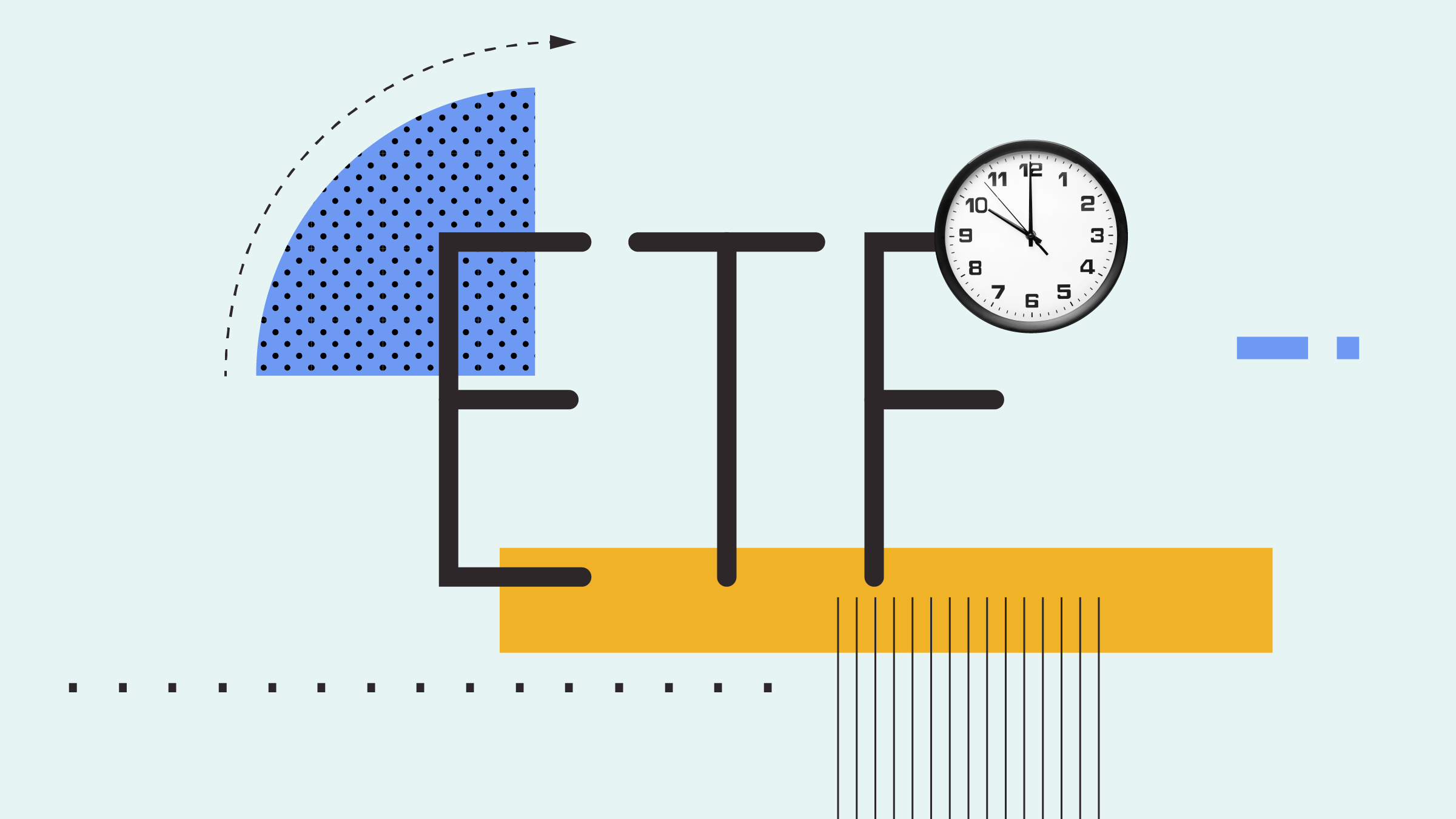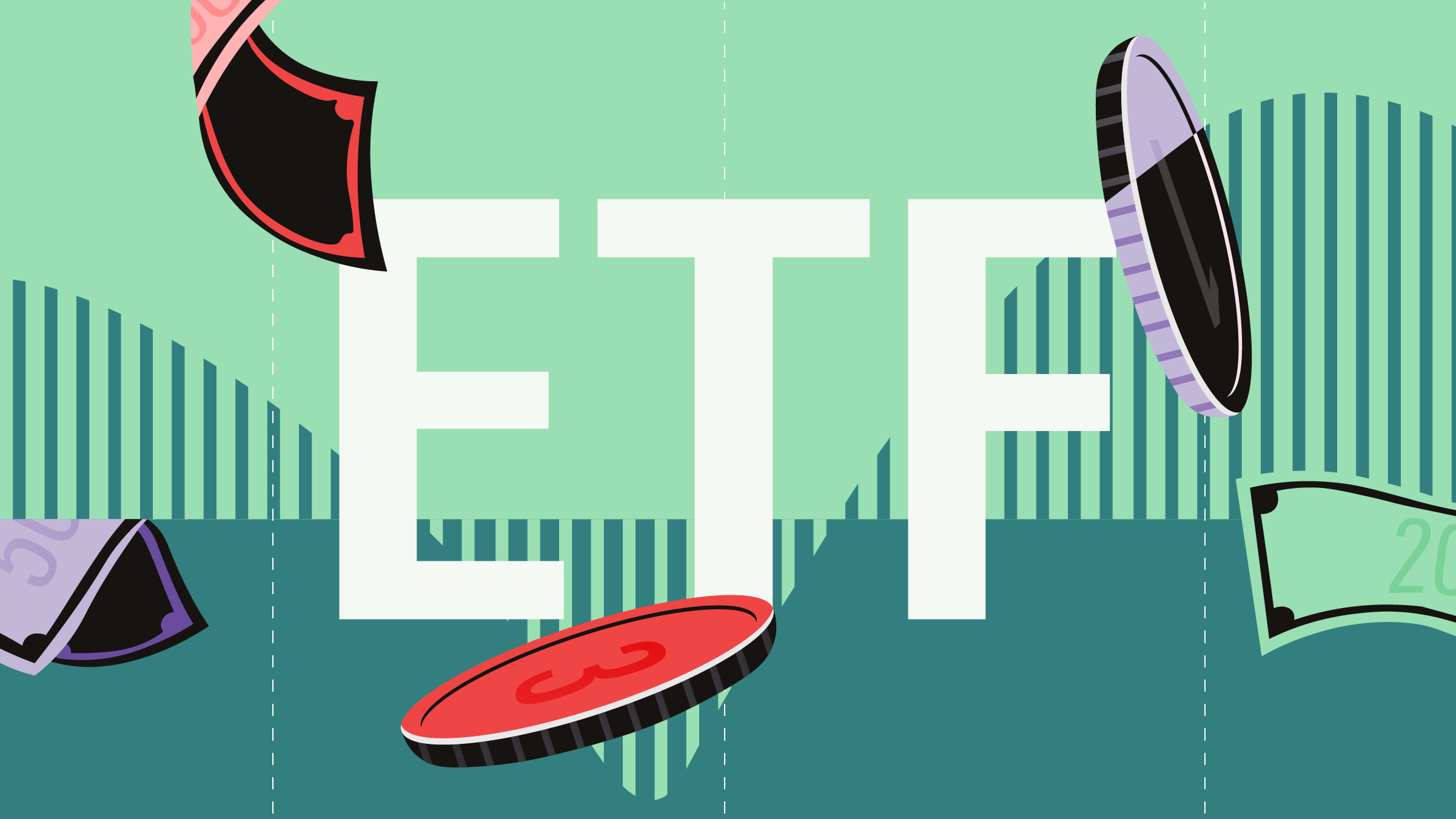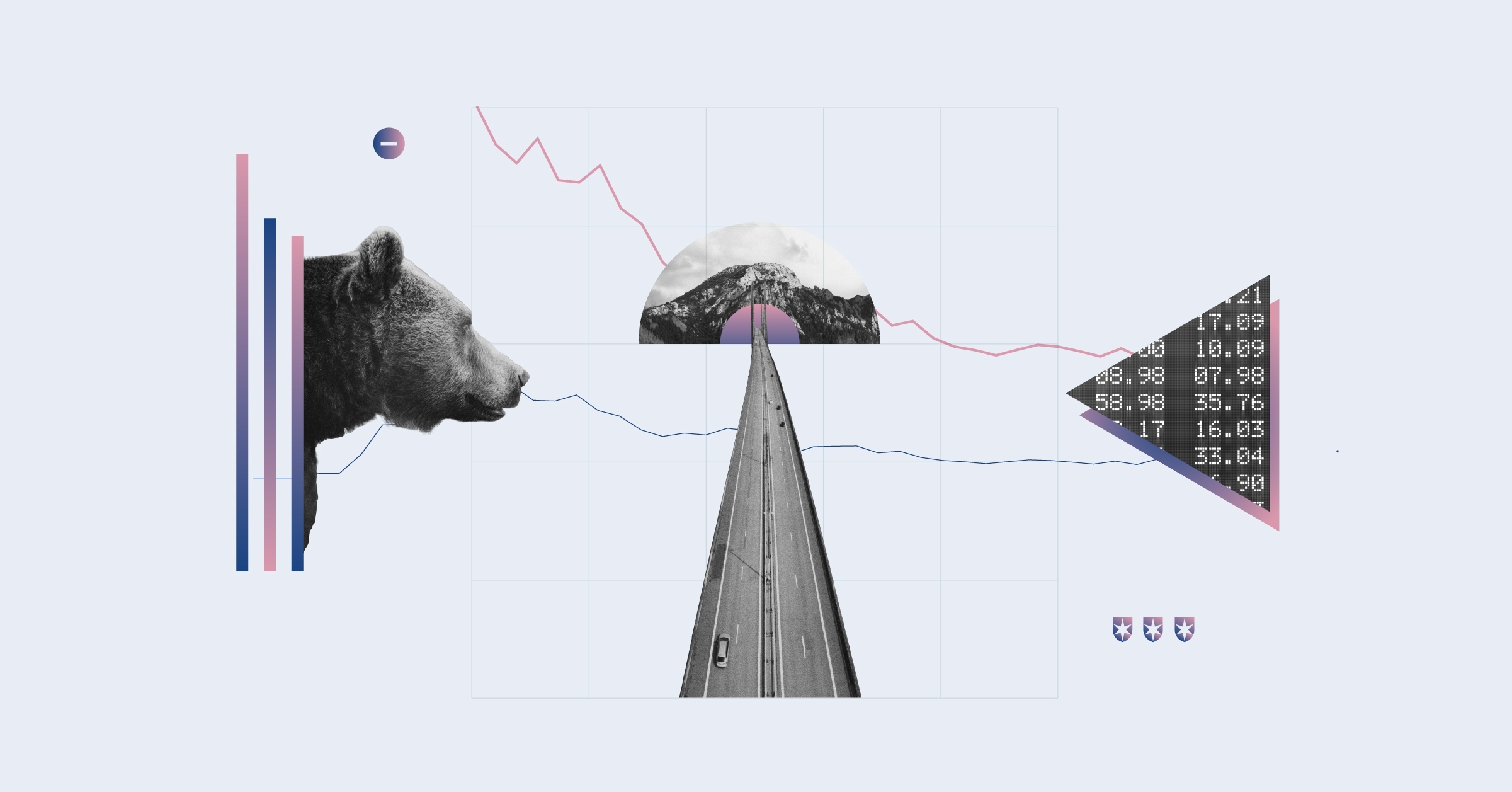Editor's note: Read the latest on how the coronavirus is rattling the markets and what you can do to navigate it.
Ian Tam: Trying to time the market can be quite the hazardous endeavor for most conservative investors. Even though it might feel like you are taking risk off the table by pulling out of the market, the long-term effects of trying to do this might end up hurting your overall investment returns, especially in the equity markets where large gains can be attributed to single month, or even a single day of performance.
Suppose in concept in a given year you somehow missed the best day of returns, which can be a very real possibility if you are trying to time the market. The effect of missing a single day can be substantial. This chart shows the performance of the S&P/TSX Composite index for each year since 1977 both with and without the single best day of performance. The point here is that if you miss that best day, can severely underperform the index.
Even if you were willing to sacrifice a bit of performance to avoid short term pain, the long term pain of missing out on returns is something that investors will not feel until years later, once the effects of compounding have had their way. Let’s have a look at another example.
This chart shows you what would happen if you were to miss just two key days over the last 40 years. The first day is October 21st, 1987 when the market rose nine percent after falling six percent the previous day also known as black Monday. The second day is October 14, 2008, in the midst of the financial crises when the index rose 9.8% after falling about 5% in the prior two trading sessions. On the chart you’ll see that even though you only missed two days of performance, the effect of compounding magnifies those missing days substantially as time passes. Assuming an initial investment of $10,000 in 1977, missing the two best days over the last 40 years amounts to a difference in final portfolio value of almost $115,000 CAD or 19% less than if you had just stayed invested the entire time. You can read more about this analysis in an article entitled “When FOMO is warranted”, available in the link at the end of the transcript to this article.
For Morningstar, I’m Ian Tam.


















